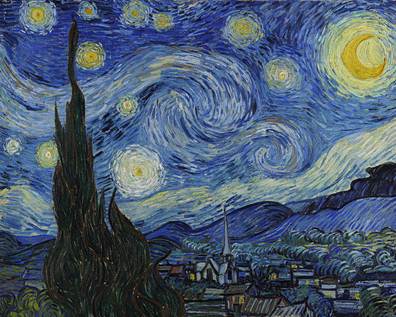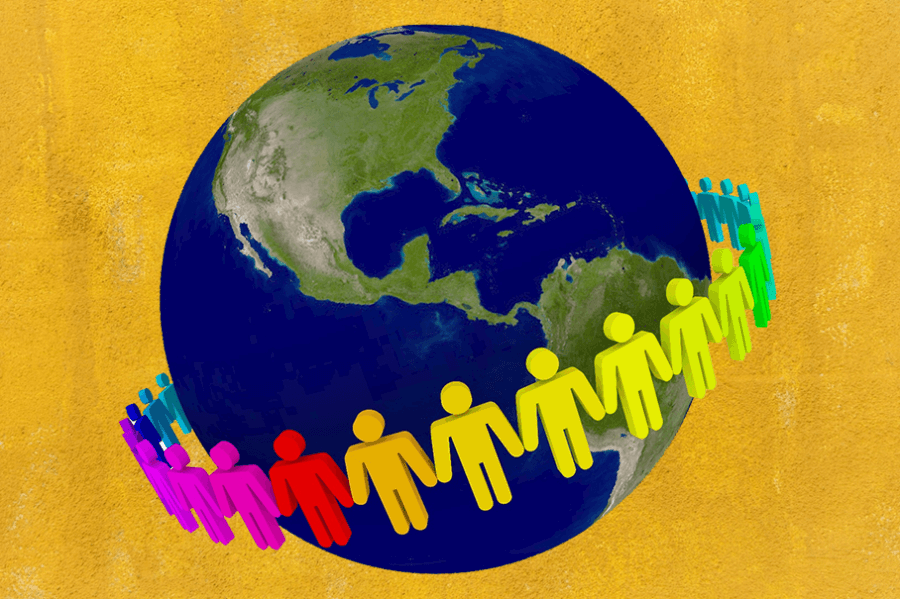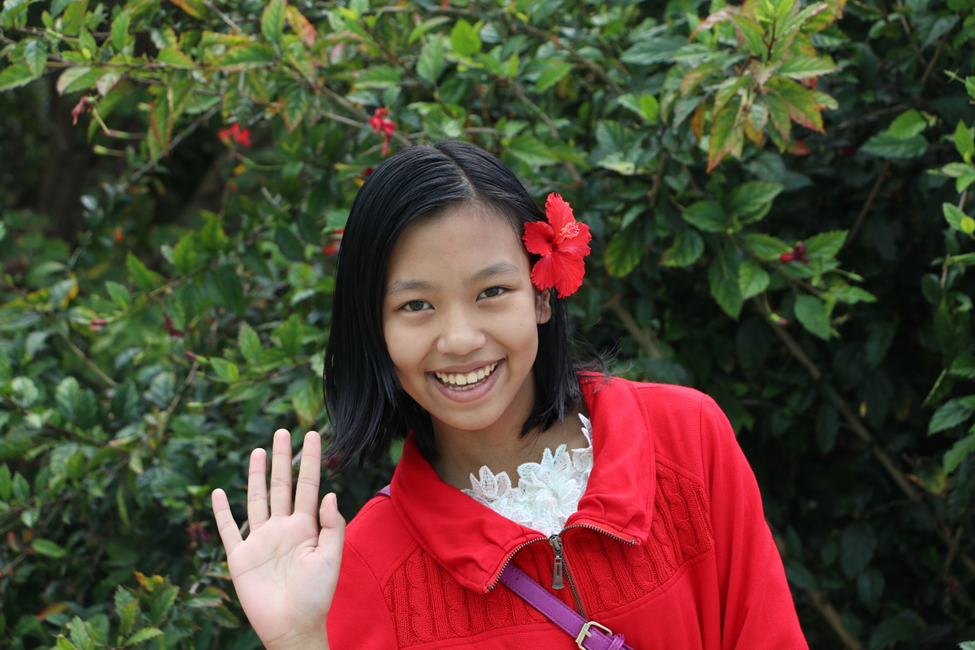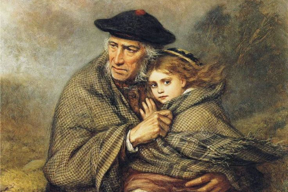To Me
As I journey down my yellow brick road, there are three things that I genuinely love: my family in Myanmar, Ginger, and teaching. Several evenings ago, I was sitting in front of my computer as Ginger was resting at my feet. It was then that I got an email from Moh Moh.
Allen,
If you are ok, we would love to pay homage / respect to you through Zoom soon.
Here, as a custom and tradition, during this time of the year, we have to pay respect to elders people, parents, people who are loved ones.
So, that is why, we would love to you pay homage today at 9:00 am (Myanmar time).Please let me know if you are ok. I will send a Zoom link.
Best wishes,
Moh Moh
Now, I love Moh Moh and Ko Ko, who are the parents of my three granddaughters. Can you imagine my feelings for Ti Ti, Snow, and Fatty if I love their parents? However, Moh Moh doesn’t joke around like I do. Therefore, I wasn’t sure what she meant about paying homage to me. I didn’t know how to respond. So, I tried to joke around about me being elderly.
Moh Moh,
This is going to be another argument. I’m elderly? Hmmm.
Okay? I ain’t a spring chicken. (-;
As for the Zoom, that is in an hour? Correct? I guess that I am elderly.
Allen
As it turned out, Moh Moh didn’t get my attempt to be funny. I replied by assuring her that I understood about the Asian culture venerating the elderly. I also mentioned that issue in the class when we dealt with China a couple of weeks ago. All Asians pay homage to the older generation. However, what does that have to do with me? I might be getting older, but I didn’t get my family wanting to pay their respects to me.
That is the backstory. When I teach a class, I have what I call my mantras. They are things that students need to grasp, and I repeat them often. One of my mantras is the importance of traveling overseas.
Ibn Battuta traveled 75,000 miles through much of Dar al-Islam, which was the Islamic. He made three journeys in the first half of the 14th century. He traveled to parts of Europe, the Middle East, Africa, and Asia. Many of his destinations were places that I visited a half millennia later.
Ibn Battuta saw the value of traveling. It was for him a teaching modality for the traveler. Interestingly, this famous drawing of Ibn Battuta is of that traveler learning.

Ibn Battuta said, “Traveling—it leaves you speechless, then turns you into a storyteller.”
George Santayana was also a traveler. He was born in Spain a century and a half ago. However, he came to America and graduated from Harvard. Then went to Germany for several years and back to teach at Harvard. Toward the end of his life, he went back to Europe and died in Italy.

Santayana traveled a great deal and authored several dozen books, one of which was entitled, The Philosophy of Travel. This is from that book. “There is wisdom in turning as often as possible from the familiar to the unfamiliar: it keeps the mind nimble, it kills prejudice, and it fosters humor…A man who knows the world cannot covet the world; and if he were not content with his lot in it he would be showing little respect for all those alien perfections which he professes to admire.”
Santayana, the traveler, also wrote, “A child educated only at school is an uneducated child.” He certainly grasped the benefits of traveling like educating the traveler.
Therefore, my mantra about the importance of traveling overseas has many followers. It is essentially an educational mindset or knowledge base for all people.
I have been to Asia a half dozen times. I love Asia, and I have benefited educationally from all my traveling but have totally missed one insight. I mentioned while teaching a couple of weeks ago about Asians paying homage to the elderly. I knew that intellectually, but l had seen it let alone experienced it.
I chatted several evenings ago with my family on Zoom and made sure to apologize to Moh Moh about misunderstanding their desire to pay homage to me. Then Ko Ko, her husband, said that this is important to them.
Talk about a learning experience for me. That was the first time I ever saw this form of veneration. All five of them sat in a row with their legs crossed, put their hands together, and bowed to me.
Let me tell you that experience was so moving that I’ll never forget it. I didn’t understand initially that this was vital for my family to do. I know that they love me as much as I love them. However, that act was necessary for them. It was a religious and ethical expression that they needed to convey to me. I felt honored and caught off guard.
I felt like Emperor Hung-wu of China. There are only two differences between the two of us. One is that I am not an emperor, but I had five showing me homage.

Interestingly, this is a painting of Hung-wu. As a child and young man, he was taught at a Buddhist monastery, and he apparently learned exceptionally well as a student. He began as a general and overthrew the Mongol control over China and became the first Ming Dynasty emperor.
This is an aside. Another mantra is that my students aren’t allowed to call me anything other than Al. They can’t call me Dr. Campbell, Professor Campbell, etc. The reason for this is that I see education as being a group effort, which includes me. In this case, my family is the group and has taught me about paying homage.

Visit the "On Seeing the Light" page to read more about this topic.

Visit the "We Are Family" page to read more about this topic.

Visit the Connecting the Dots page to read more about this topic.

Visit the Ti Ti page to read more about this topic.

"The Hand May Be a Little child's"
Visit the The Hand May Be a Little child's page to read more about this topic.

Visit the My Hauntings page to read more about this topic.

Visit the Burma Independence page to read more about this topic.
10/25/21






